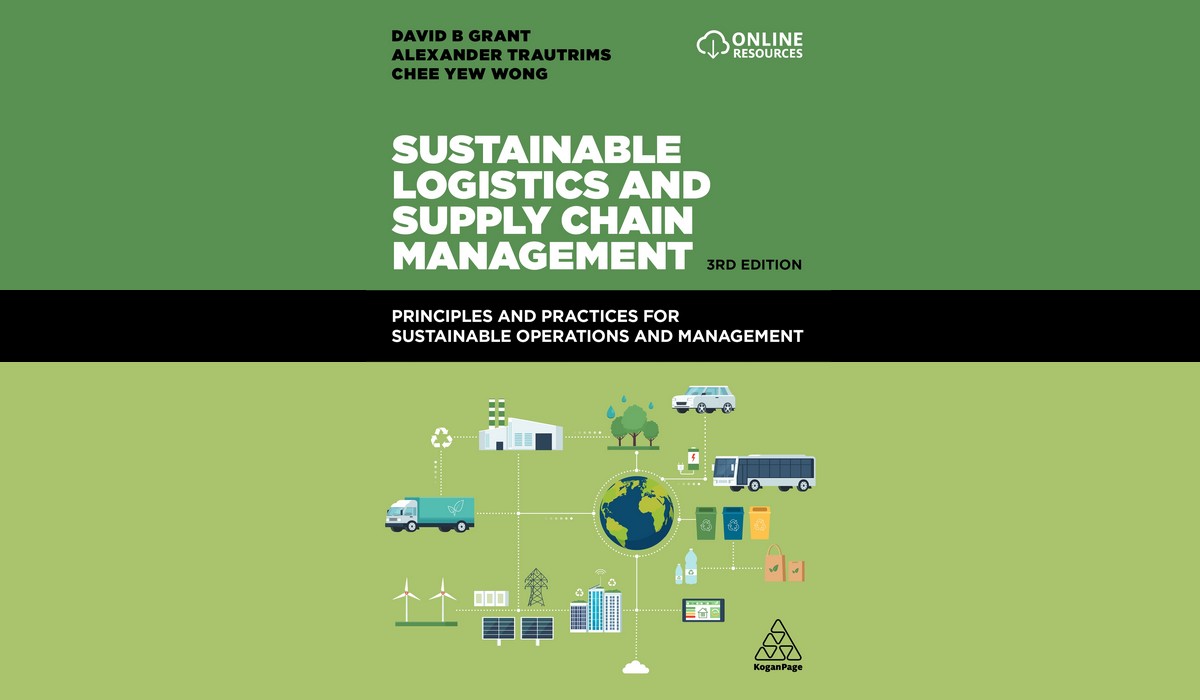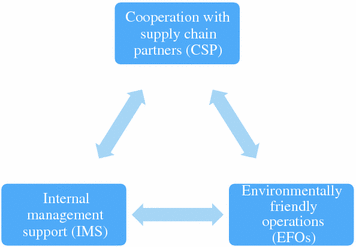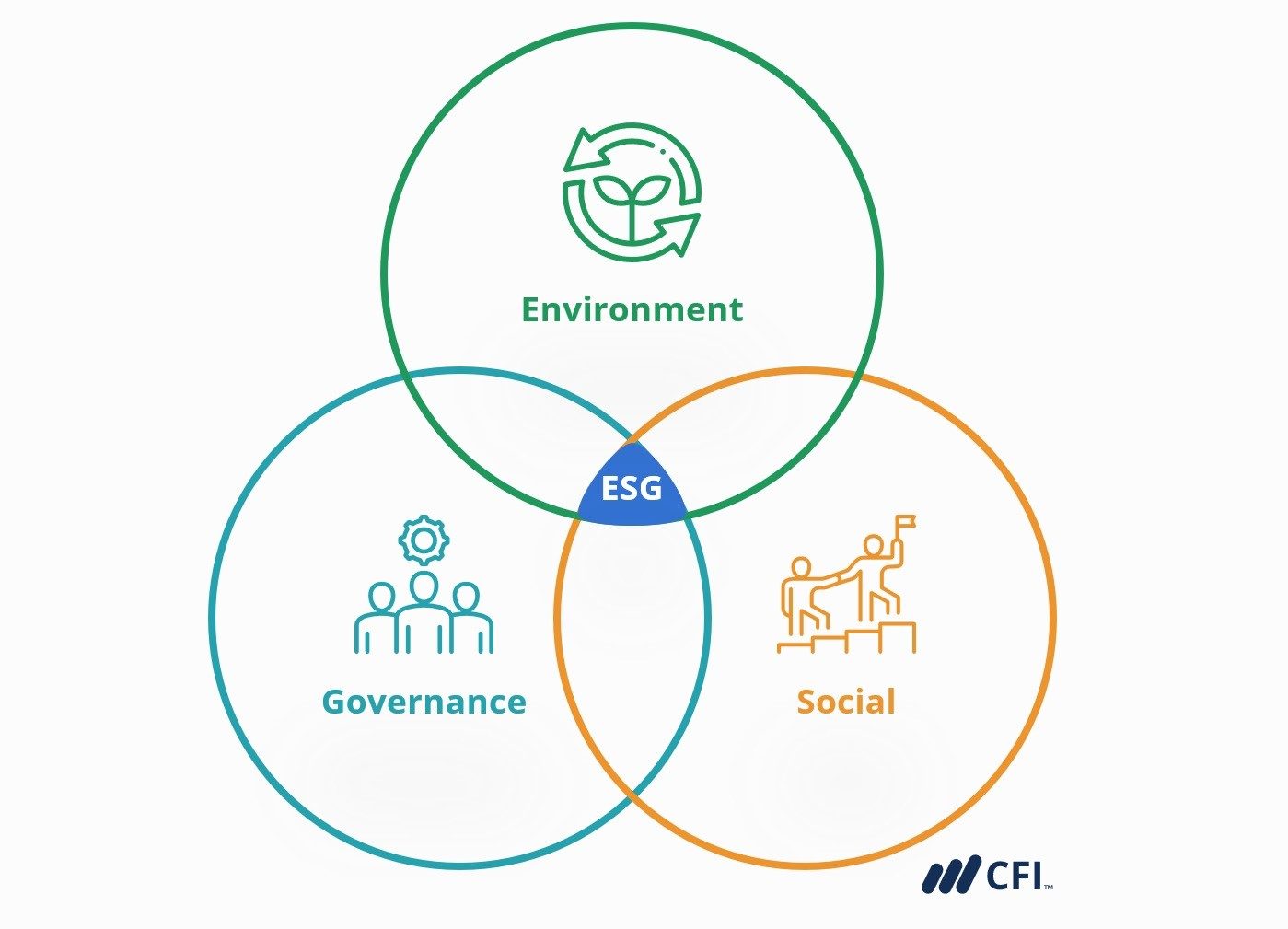Green management, also known as sustainable management or environmental management, refers to the practice of managing an organization in a way that is environmentally responsible. This includes considering the environmental impacts of the organization's operations, products, and services, and taking steps to minimize or mitigate those impacts. Green management also involves making business decisions that consider the long-term sustainability of the organization and the environment.
There are several reasons why green management is important. One reason is that it can help to protect the environment and natural resources. For example, an organization that practices green management may recycle materials, reduce energy use, and minimize waste in order to reduce the strain on natural resources. This can help to preserve the earth's resources for future generations.
Another reason why green management is important is that it can benefit the organization itself. For example, by reducing energy use and waste, an organization can save money on energy and disposal costs. In addition, consumers and clients are increasingly demanding environmentally responsible products and services, so practicing green management can help an organization to attract and retain customers.
There are several ways that an organization can practice green management. One way is by implementing eco-friendly policies and practices, such as recycling, using energy-efficient equipment, and reducing water usage. An organization can also invest in renewable energy sources, such as solar or wind power, to reduce its reliance on fossil fuels.
Another way that an organization can practice green management is by considering the environmental impacts of its products and services. This may involve designing products that are more sustainable, such as using recycled materials or designing products that have a longer lifespan. It may also involve choosing suppliers and partners that are committed to environmental sustainability.
In addition to these specific practices, an organization can also adopt a broader mindset of sustainability in its decision-making process. This may involve considering the long-term effects of a decision on the environment, as well as the economic and social impacts. By taking a holistic approach to decision-making, an organization can ensure that it is considering the full range of impacts of its actions.
In conclusion, green management is the practice of managing an organization in a way that is environmentally responsible. It involves considering the environmental impacts of the organization's operations, products, and services, and taking steps to minimize or mitigate those impacts. Green management is important because it can help to protect the environment and natural resources, and it can benefit the organization itself. There are many ways that an organization can practice green management, including implementing eco-friendly policies and practices, investing in renewable energy sources, and considering the environmental impacts of its products and services. By adopting a sustainability mindset and considering the long-term effects of its actions, an organization can ensure that it is making decisions that are good for the environment and good for business.
.png/:/cr=t:0%,l:0%,w:100%,h:100%/rs=w:1280)







